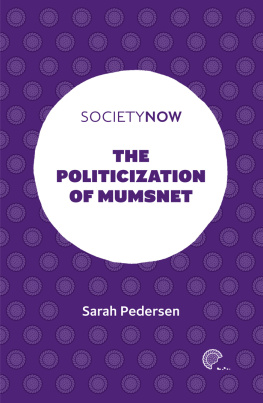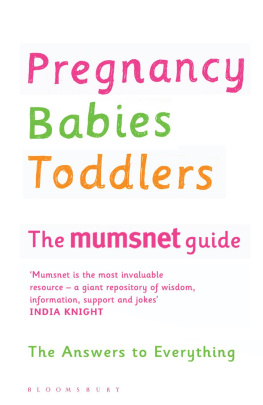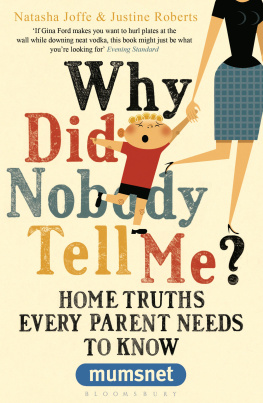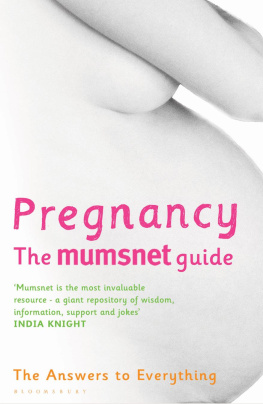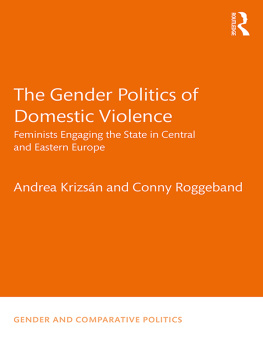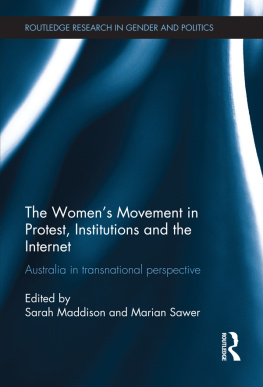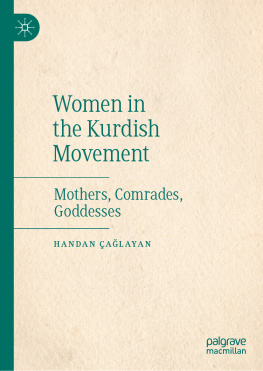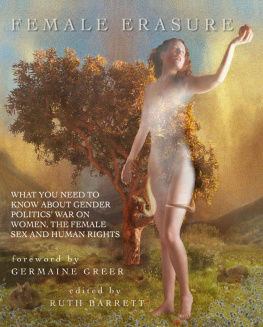SocietyNow
SocietyNow: short, informed books, explaining why our world is the way it is, now.
The SocietyNow series provides readers with a definitive snapshot of the events, phenomena and issues that are defining our 21st century world. Written leading experts in their fields, and publishing as each subject is being contemplated across the globe, titles in the series offer a thoughtful, concise and rapid response to the major political and economic events and social and cultural trends of our time.
SocietyNow makes the best of academic expertise accessible to a wider audience, to help readers untangle the complexities of each topic and make sense of our world the way it is, now.
Poverty in Britain: Causes, Consequences and Myths
Tracy Shildrick
The Trump Phenomenon: How the Politics of Populism Won in 2016
Peter Kivisto
Becoming Digital: Towards a Post-Internet Society
Vincent Mosco
Understanding Brexit: Why Britain Voted to Leave the European Union
Graham Taylor
Selfies: Why We Love (and Hate) Them
Katrin Tiidenberg
Internet Celebrity: Understanding Fame Online
Crystal Abidin
Corbynism: A Critical Approach
Matt Bolton
The Smart City in a Digital World
Vincent Mosco
Kardashian Kulture: How Celebrities Changed Life in the 21st Century
Ellis Cashmore
Reality Television: The TV Phenomenon that Changed the World
Ruth A. Deller
Drones: The Brilliant, the Bad, and the Beautiful
Andy Miah
Digital Detox: The Politics of Disconnecting
Trine Syvertsen
The Olympic Games: A Critical Approach
Helen Jefferson Lenskyj
THE POLITICIZATION OF MUMSNET
SARAH PEDERSEN
Robert Gordon University, UK
United Kingdom North America Japan India Malaysia China
Emerald Publishing Limited
Howard House, Wagon Lane, Bingley BD16 1WA, UK
First edition 2020
2020 Sarah Pedersen
Published under an exclusive license by Emerald Publishing Limited
Reprints and permissions service
Contact:
No part of this book may be reproduced, stored in a retrieval system, transmitted in any form or by any means electronic, mechanical, photocopying, recording or otherwise without either the prior written permission of the publisher or a licence permitting restricted copying issued in the UK by The Copyright Licensing Agency and in the USA by The Copyright Clearance Center. Any opinions expressed in the chapters are those of the authors. Whilst Emerald makes every effort to ensure the quality and accuracy of its content, Emerald makes no representation implied or otherwise, as to the chapters' suitability and application and disclaims any warranties, express or implied, to their use.
British Library Cataloguing in Publication Data
A catalogue record for this book is available from the British Library
ISBN: 978-1-83909-471-2 (Print)
ISBN: 978-1-83909-468-2 (Online)
ISBN: 978-1-83909-470-5 (Epub)
For the wise, witty and wonderful women of Mumsnet
CONTENTS
ABOUT THE AUTHOR
Sarah Pedersen is Professor of Communication and Media at Robert Gordon University. She also acts as Gender Equality Champion for the university.
Her research focuses on women's engagement with the media, using both historical and contemporary source material, including Twitter, blogs and of course Mumsnet. Her book The Scottish Suffragettes and the Press was published in 2017 by Palgrave Macmillan. The same year she was awarded funding by the Heritage Lottery Fund to produce an edition of the correspondence of Aberdeen suffragette and journalist Caroline Phillips. This work led to a plaque to Caroline Phillips being unveiled on Union Street in Aberdeen. Her work on the Scottish suffrage campaign has been praised in a motion to the Scottish Parliament and was highly commended by the judges of the British Records Association's annual Harley Prize. She was the Director of the Rise Up Quines! festival in Aberdeen in 2018, a festival celebrating the centenary of the (partial) achievement of the vote for women.
ACKNOWLEDGEMENTS
Many thanks to Justine Roberts and Rowan Davies of Mumsnet for their continued support for my research over the years. Many thanks to Robert Gordon University, and in particular to the School of Creative and Cultural Business, for supporting the writing of this book through the award of a research sabbatical. Many thanks as well to so many of my colleagues at the university, but in particular to Fiona Smith, Fiona McKay, Jo Royle, James Morrison, Peter Reid, Audrey Laing, Alison Watson, Natascha Mueller-Hirth, Lyndsey Bloice, Graeme Baxter, Michelle Lawrie, Andrew Pratt, Paul Hagan and David Gray. Many thanks in particular to Simon Burnett, Deborah Lupton, Gareth Thomas and Janet Smithson, with whom I have worked on the subject of Mumsnet over the years.
Many thanks to all at Emerald Publishing, but particularly Jen McCall, Carys Morley and Harriet Notman. Thanks too to Julie Bindel.
This book would not have been written without my reasons to go on Mumsnet in the first place, so many thanks to Thomas and Nikolas. Thanks to Bernard Tranter, my father, for commenting on a draft. Particular thanks to my husband Frederik, for everything really.
1
Introduction
Contrary to popular opinion amongst some sections of Twitter, women do not lose the ability to think once they have had a baby. In fact, faced with the pure physical reality of precisely how much the world has been built to suit men, pregnancy and maternity is often the time when women become radicalised. With girls outperforming boys at school and university, and running neck and neck with them in the early stages of careers, many young women would be forgiven for assuming that gender equality has arrived and that there is no longer any need for feminism or women-focused political action. And then they have a baby.
Despite major advances since the 50s, motherhood means finding out about the cost of childcare which in the UK is among some of the highest in Europe and discovering that you will be judged for returning to work after the baby, and equally judged for not returning to work. You will be judged for not breastfeeding but also judged for breastfeeding for too long. You will be judged if your child is too active in public places (not enough discipline) and judged if your child is too passive (what is he afraid of?). Celebrity mothers' bodies snap back into shape hours after giving birth, so you will be judged if yours does not do the same, despite a lack of access to personal trainers and dieticians. As the saying goes, A mother's place is in the wrong.
On a more sobering note, becoming a mother is still a dangerous enterprise. The World Health Organization tells us that, every day in 2017, 810 women died from preventable causes related to pregnancy and childbirth. The major complications that account for 75% of these deaths are severe bleeding, infection, high blood pressure, delivery complications and unsafe abortion.

